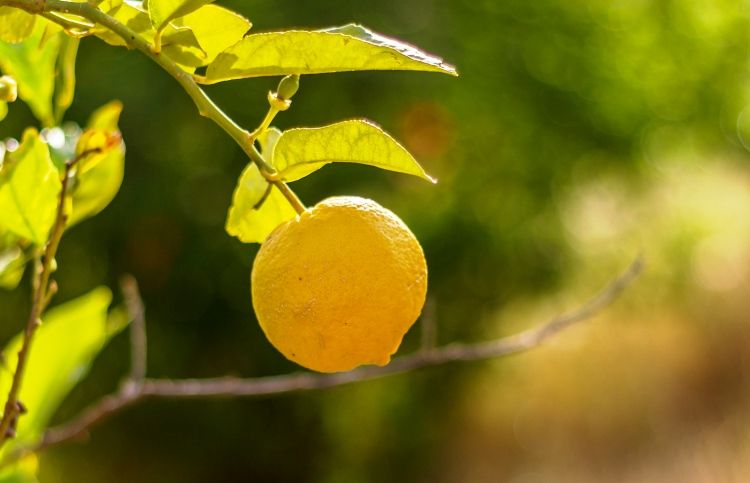I had a lot on my mind that sweltering summer day I set out on the 100-mile drive to Minneapolis, where my wife, Caryl, was undergoing treatments after a mastectomy. How would she respond? I worried. Would she beat breast cancer?
Halfway there the air conditioner in my car conked out. Is this a bad sign?
There was a garden center down the road. Might as well get out of the heat for a few minutes, I thought. Maybe I could pick up a plant for Caryl’s room.
I walked into the store and immediately spotted a foot-high lemon tree. It was in full bloom and already had one tiny lemon, about half an inch long, hanging from its branches. The saying “Make lemonade from lemons” popped into my mind. I sat on a bench next to the tree, letting the cool air wash over me. Please, God, I prayed, make good come from Caryl’s illness.
I returned to my car carrying the little lemon tree.
Caryl loved it. “It’s beautiful,” she said. “Thank you.”
Over the next several months, Caryl battled through chemotherapy—seven difficult treatments—and we watched that lone lemon grow, first to the size of a ping-pong ball then even bigger. The day the lemon reached full size we got wonderful news. Caryl was cancer-free!
By April, the time of Passover, the lemon was ripe. “Want to harvest it for our Seder meal tonight?” I asked my wife.
She nodded. “I would like that very much.”
So I plucked the bright yellow fruit from the tree and gave it to Caryl. She squeezed out the juice, mixing it with water and a little sugar. At our Seder celebration that night, we drank the lemonade together in a toast to our future good health. Like the more traditional Passover foods on the table—horseradish to symbolize the bitterness of slavery, parsley to represent new life—the lemonade reminded us that no matter how hard our struggles may seem, God always gives us hope that better things are to come.
They have: Thirteen years later Caryl remains strong and healthy. And that’s the very best sign.






